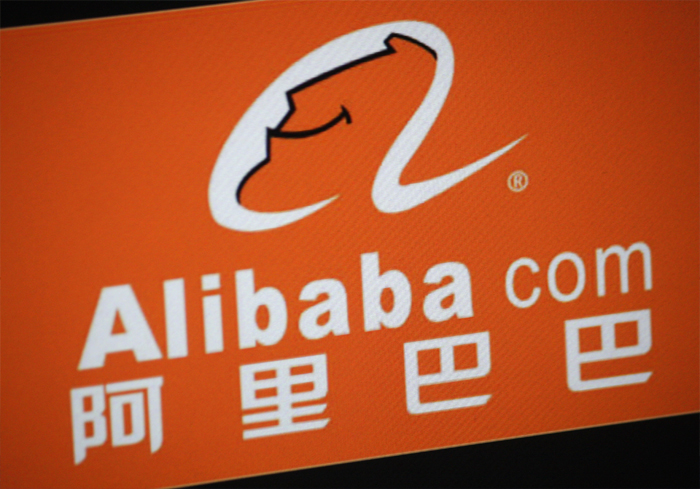Alibaba Eyes First India Investment

Alibaba is on the verge of making its first direct investment in India. The Chinese e-commerce giant is in talks to invest as much as $1 billion in online marketplace Snapdeal, Reuters reported on Wednesday (March 11).
Snapdeal is already backed by Japan’s SoftBank and a number of U.S. investors including BlackRock, eBay and Intel Capital. The company competes against larger rivals Flipkart and Amazon, and if Alibaba became a major shareholder it could set the stage for Alibaba to carve out a piece of the second-largest e-commerce market. Alibaba’s Ant Financial affiliate, which now controls Alipay, acquired 25 percent of Indian payment services provider Paytm in February.
Reuters’ unnamed sources couldn’t confirm any details of the negotiations except that negotiations are “ongoing” and that Alibaba is “looking, but there’s still no deal.”
But the Times of India’s Economic Times reported on Wednesday that Jasper Infotech, which controls Snapdeal, wants $1 billion from Alibaba, with a valuation of at least $5 billion. That would give Alibaba only a 20 percent stake in Snapdeal, and that’s the sticking point, sources said. After its last funding round, Snapdeal had a valuation of $1.8 billion.
“Snapdeal has a term sheet from Alibaba, but is not getting the valuation [it] wants,” one source told the Economic Times. Another source familiar with the talks said private equity firms are making better offers, so Snapdeal could get its $1 billion without Alibaba investing the entire amount.
Alibaba has been talking with Snapdeal since last year, and in November Alibaba founder Jack Ma told the Economic Times that he was ready to invest in India.
All three of the top Indian e-commerce players are burning through cash as they offer customers deep discounts — and all three are chasing investors for money to burn. Flipkart raised $1.9 billion in 2014 and plans to raise $1.7 billion this year, while Amazon has committed $2 billion to its Indian operations. But the potential payoff is huge: A report last month said e-commerce could overtake conventional brick-and-mortar retail sales in India by 2019.